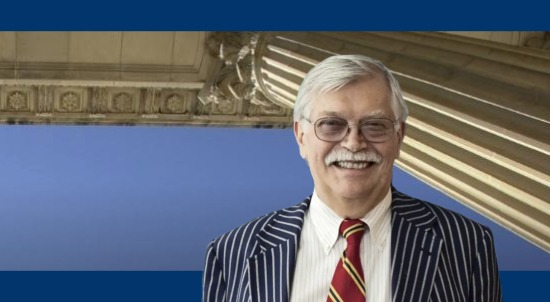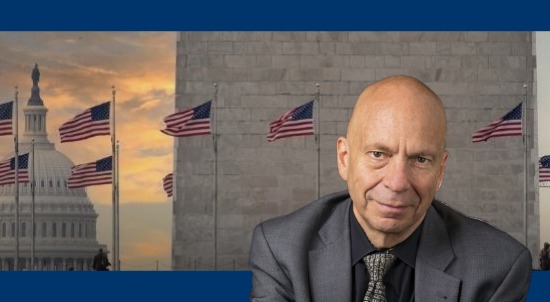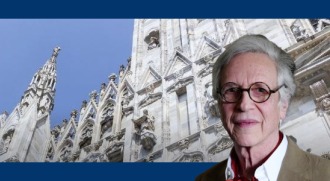
The American Revolution
Published: Spring 2010
Description
The American Revolution entailed some remarkable transformations–converting British colonists into American revolutionaries, and a cluster of colonies into a confederation of states with a common cause–but it was far more complex and enduring than the fighting of a war. As John Adams put it, “The Revolution was in the Minds of the people… before a drop of blood was drawn at Lexington”–and it continued long past America’s victory at Yorktown. This course will examine the Revolution from this broad perspective, tracing the participants’ shifting sense of themselves as British subjects, colonial settlers, revolutionaries, and Americans.
Course Takeaways
- 5 Tips for Studying the Revolutions:
- Avoid thinking about the Revolution as a story about facts and dates
- Remember that words we take for granted today, like “democracy,” had very different meanings
- Think of the “Founders” as real people rather than mythic historic figures
- Remember that the “Founders” aren’t the only people who count in the Revolution
- Remember the importance of historical contingency: that anything could have happened during the Revolution.
Meet the Instructors
 Joanne Freeman is Professor of History at Yale University. Specializing in the political culture of revolutionary and early national America, she received her Ph.D. from the University of Virginia. She is the author of Affairs of Honor: National Politics in the New Republic, which won the Best Book prize from the Society for Historians of the Early American Republic, and the editor of Alexander Hamilton: Writings. Her current project is a study of congressional violence and the culture of the U. S. Congress from the 1820s through the Civil War.
Full Biography
Joanne Freeman is Professor of History at Yale University. Specializing in the political culture of revolutionary and early national America, she received her Ph.D. from the University of Virginia. She is the author of Affairs of Honor: National Politics in the New Republic, which won the Best Book prize from the Society for Historians of the Early American Republic, and the editor of Alexander Hamilton: Writings. Her current project is a study of congressional violence and the culture of the U. S. Congress from the 1820s through the Civil War.
Full Biography



